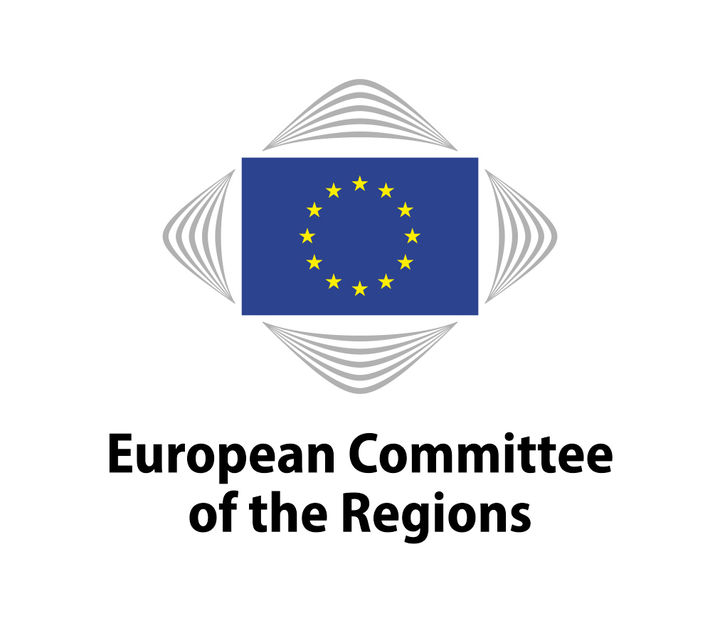 Homepage CASE
Homepage CASE
Selected values

Contribution of Mediterranean cities and regions to building water resilience
-
Date:
19 Feb 2024 - 2 Apr 2024
-
Client:

-
Project duration:
19.02.2024 - 02.04.2024
-

Karolina Zubel
Environment, Energy and Climate Change Director
Karolina Zubel holds an MSc from the London School of Economics and Political Science and BA from the University of Warsaw and Sciences Po Paris. Currently, she is a PhD student at the Warsaw School of Economics, focusing her research endeavours on smart cities developments. Her work has been at the intersection of sustainability, low-carbon … <a href="https://case.dev10.pro/project/contribution-of-mediterranean-cities-and-regions-to-building-water-resilience/">Continued</a>
Projects from this author:
-
Local and regional success stories of investing in disaster resilience
The aim of the study is to collect, map and share good practices, examples and success stories of investing in disaster resilience (including but not limited to in response to past disasters and the lessons learned from them) at local and regional level. The study focuses on collecting evidence on initiatives, good practice examples and measures taken by the NAT commission members to improve disaster resilience. The study will be built on interviews with NAT commission members based on a questionnaire. The study will also draw conclusions on the benefits of investing in disaster resilience and make some recommendations to local and regional authorities for moving forward based on the success stories collected from the members demonstrating that smart investment at local and regional level can make a difference in disaster risk reduction. The focus will be mainly, but not exclusively, on extreme weather events and climate-related disasters, given their growing frequency, intensity and impact. The study will contribute to knowledge sharing and exchange of good practices, by collecting and sharing success stories from and by members who have invested in reducing vulnerabilities and strengthening disaster resilience at local and regional level. As a repository of local and regional good practice examples, initiatives and measures relating to disaster preparedness and resilience, the aim of the study is also to feed into a bigger and longer-term project to map success stories of investing in disaster resilience on the ground.
- Cancer: repository of regional prevention and detection policies
-
The means for cities and regions to support the energy transition in the Mediterranean
Since February 2022, the war in Ukraine has significantly reshaped the geopolitical landscape and exacerbated the multiple challenges and tensions in the Mediterranean region. The conflict has highlighted the vulnerability of traditional energy supply routes, and the need to reassess future energy development strategies in the Mediterranean region. Like the COVID-19 pandemic, geopolitical uncertainties … Continued
-
Local and regional success stories of investing in disaster resilience
The world is currently facing a water crisis driven by overdemand, mismanagement and the impacts of the triple crisis of climate change, biodiversity loss and pollution. Alarmingly, 40% of the global population resides in regions confronting water scarcity.
In the southern Mediterranean, particularly within the MENA region, the situation is even more dire. This area harbors fifteen of the world’s twenty most water-stressed nations. Water resilience is key to preventing and addressing the current and future health, food and energy crises.
Consequently, it’s imperative to confront these water challenges head-on. Our focus must be on ensuring equitable and sustainable access to water for all.
Focussing on the southern Mediterranean countries and based on best practices from the region, the study explores the role of local and regional authorities in building water resilience, the achievements so far, the remaining challenges and potential solutions, and provide them with recommendations to expand this role within their respective territories. The study also maps the funding possibilities available for LRAs to fund projects related to water resilience.
Project sponsor: European Committee of the Regions
Project leader: CASE
Project partner: IEMed
Related projects
Thanks for joining us!
You're now part of a community that values [your newsletter's focus]. Get ready to stay informed, inspired, and engaged with our carefully curated content.
